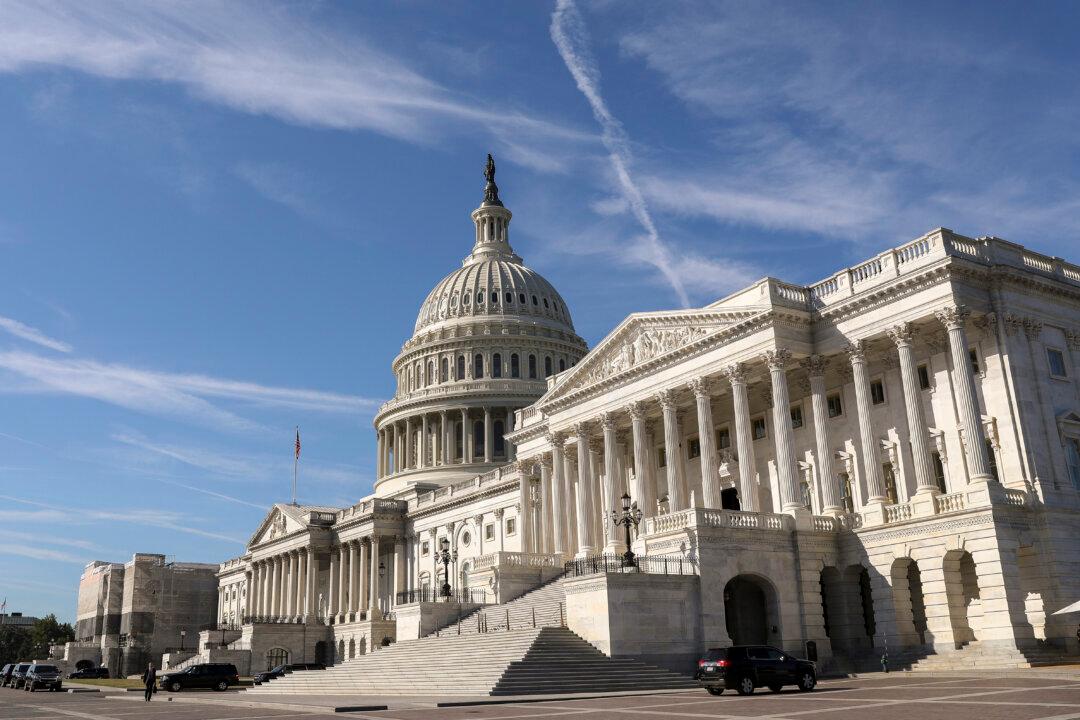Lawmakers reached an agreement on Dec. 9 for a compromise version of the National Defense Authorization Act (NDAA) that includes $738 billion for the Department of Defense to set national defense policy—as well as the authorization of the U.S. Space Force.
Leaders of the House and Senate Armed Services Committees said in a summary of the conference report (pdf) released on the same day that the proposed fiscal 2020 NDAA “implements a National Defense Strategy to confront Russia, China, and other threats around the world,” while also reforming and modernizing the systems within the Pentagon.





